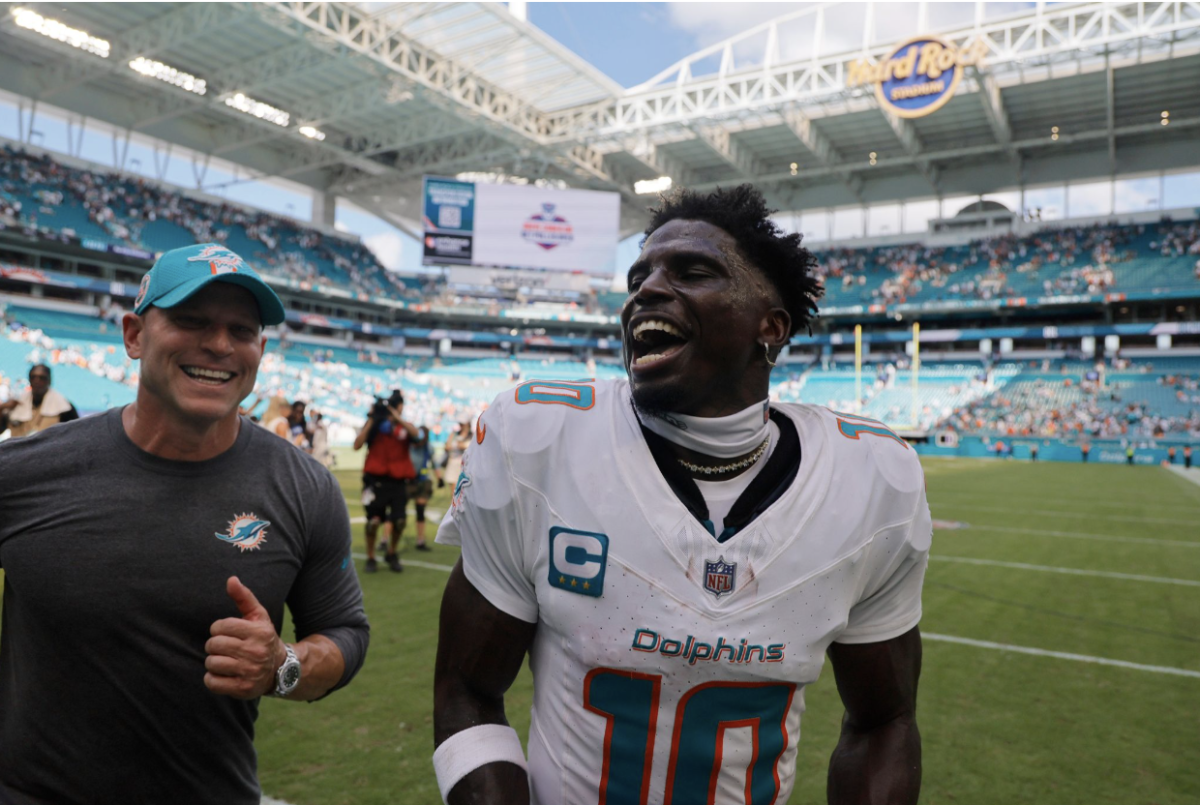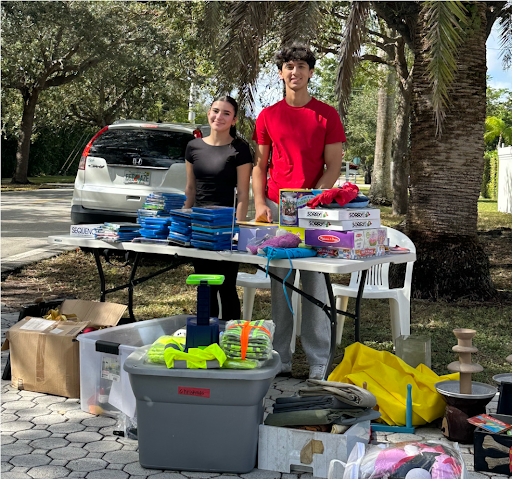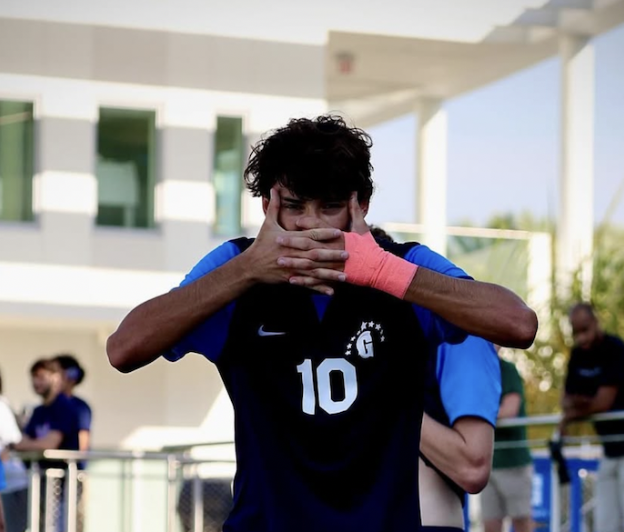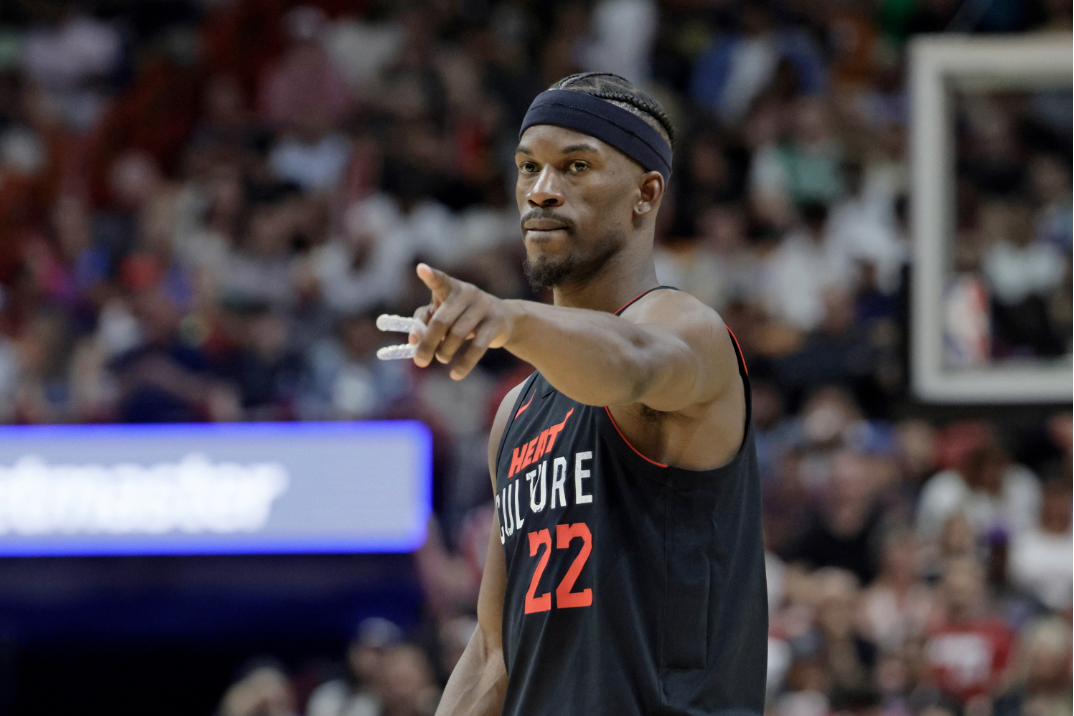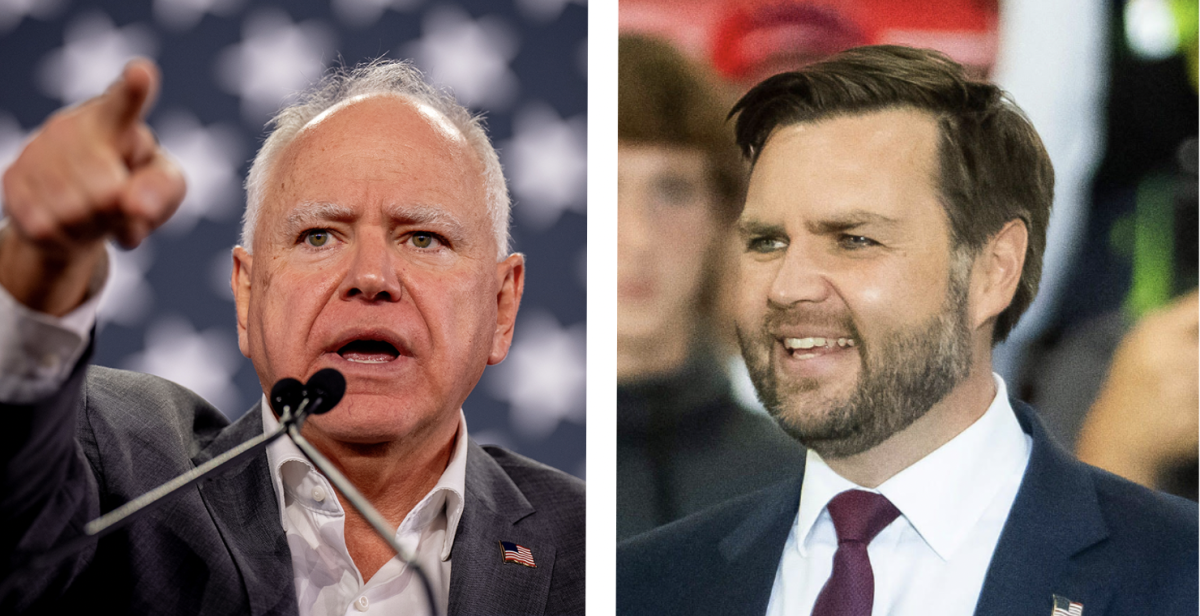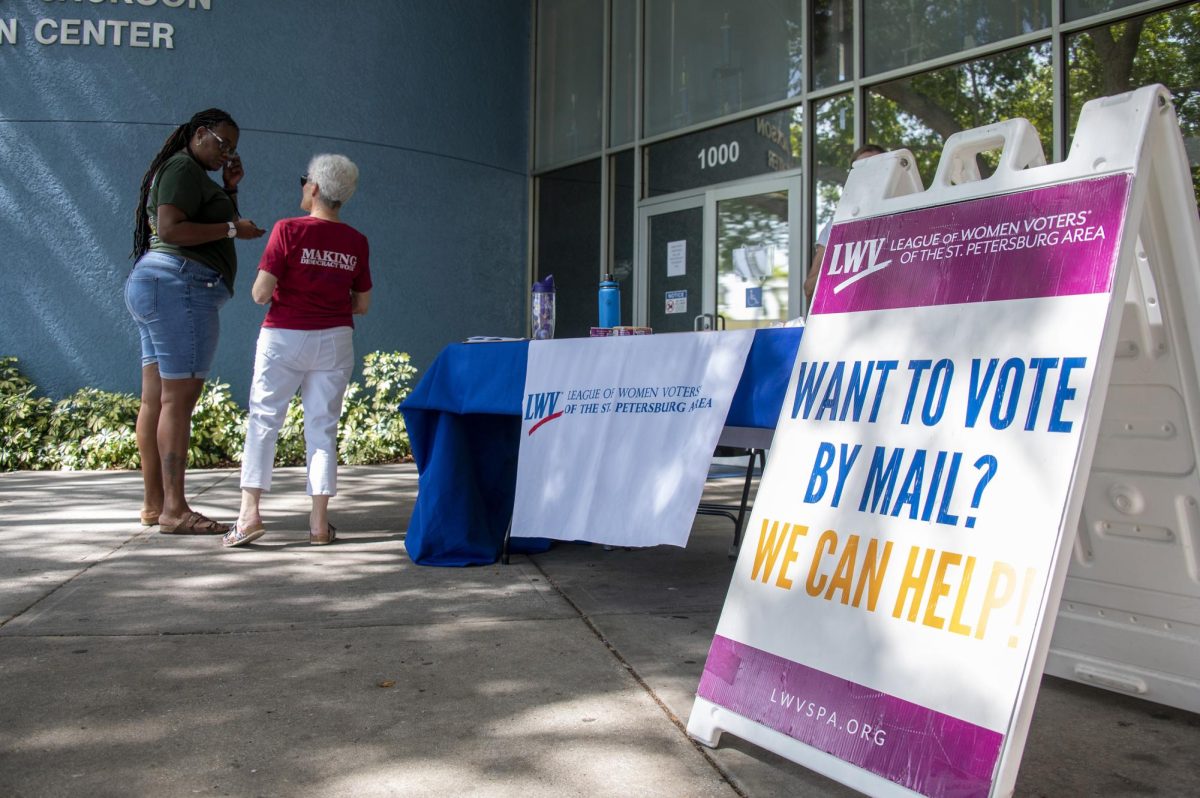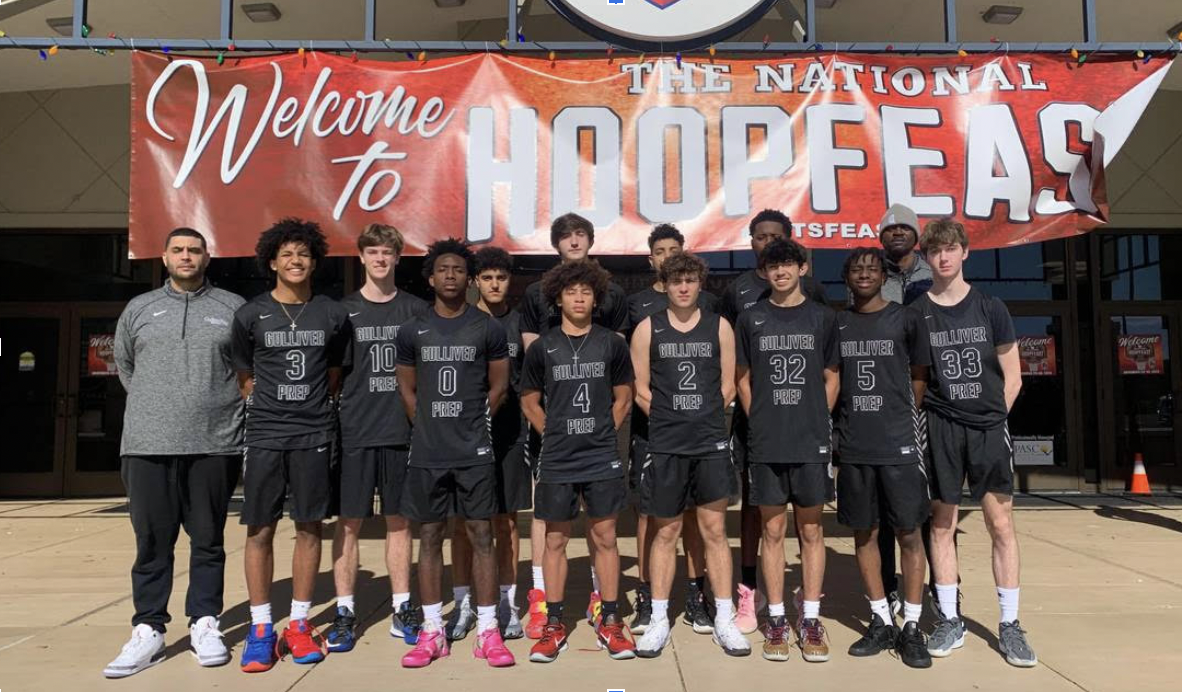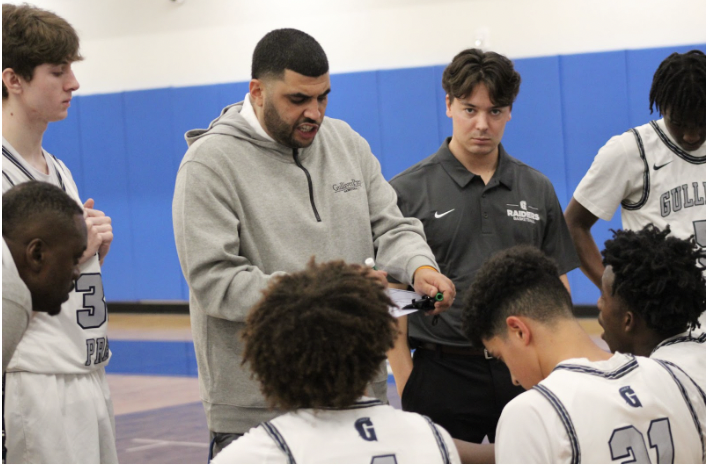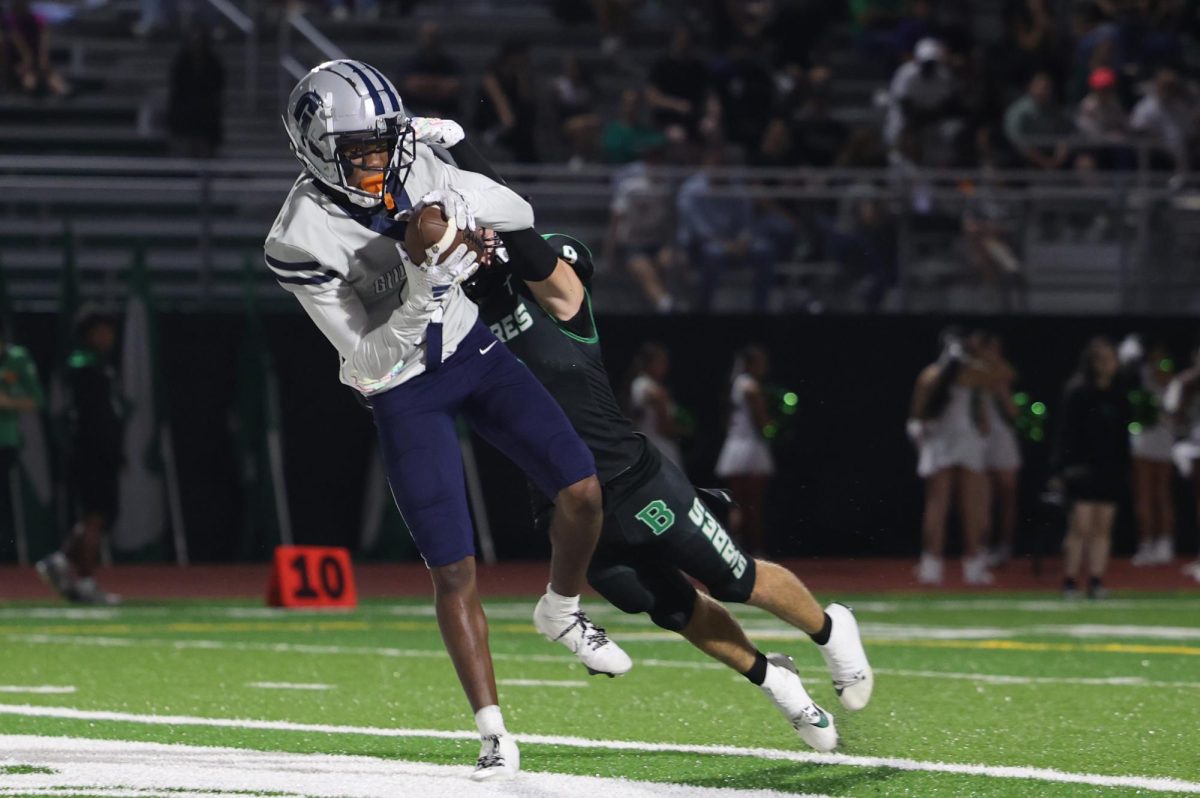Miami Dolphins superstar wide receiver Tyreek Hill dropped a bombshell during a postgame interview after the 32-20 loss to the New York Jets ending Miami’s season. When asked if he was considering leaving the organization, Hill responded with a blunt, “Yes,” before storming off. This marked a bitter end to a season where the Dolphins missed the playoffs and it would be Hill’s first time doing so in his illustrious career.
Since that fateful interview, reports have surfaced claiming Hill hasn’t officially requested a trade and still ‘wants to move forward with the organization’. But let’s be honest, Miami fans—should we even want him to stay? Looking at the situation objectively, it might be time for the Dolphins to part ways with their star receiver.
First, let’s acknowledge the obvious: Tyreek Hill is an elite football player. In just three years with the Dolphins, he shattered franchise records including most receptions and yards in a single season with the team. He also brings an electrifying presence to the offense with his misleading pre-snap motions and his blazing-fast speed. But talent alone isn’t enough to lead a team to success. Leadership and accountability are equally important, and Hill’s recent actions suggest he’s lacking in both.
Consider this: the week leading up to the Jets game, Hill called out of practice citing an illness. Yet, later that same day, he was seen on TikTok Live, giving out merchandise from his “SoulRunner” brand at his store. This is a glaring example of putting personal priorities above the team. The optics are terrible, and it’s emblematic of a larger problem within the Dolphins organization—a culture that tolerates unserious behavior, leading to inconsistent performances on the field.
Let’s not sugarcoat it—this season was a disaster. The Dolphins’ offense, despite its star power, failed to deliver when it mattered most. Hill’s outburst after the Jets loss underscores a deeper issue: he no longer seems committed to the team. He’s on the final year of his contract, and his recent behavior suggests he’d prefer to play for a contender. Why should the Dolphins continue to invest in a player whose heart doesn’t seem to be in Miami?
Trading Hill would benefit Miami in multiple ways. First, it would alleviate a significant burden on the salary cap, freeing up resources to build a more balanced roster. Second, Hill’s trade value is still high, and the Dolphins could secure valuable draft picks to address other areas of need. With Jaylen Waddle already locked into a long-term deal, Miami has a young, dynamic receiver to build around. Investing in the future makes more sense than overpaying an aging player who appears ready to move on.
The reality is the Dolphins haven’t won a playoff game since 2000—the longest drought in the NFL. Continuing to cater to players who prioritize personal brand over team success isn’t the solution. The organization needs to set a new standard, one that demands commitment and accountability from everyone in the locker room.

